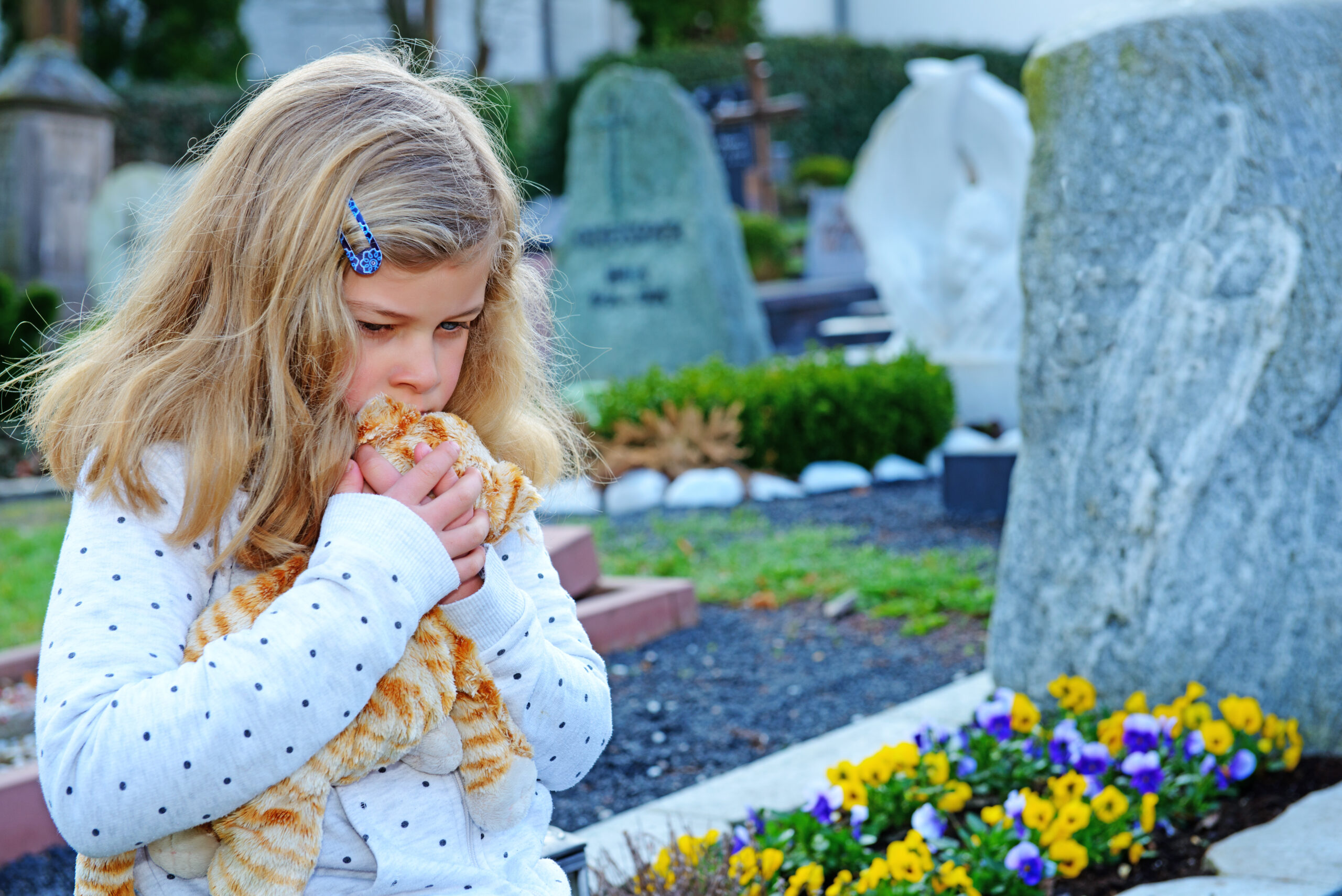‘Rabbi Earl Grollman (1972) described the role of the funeral director as that of a caretaker, care giver, and gatekeeper. He indicated that the etymology of the word undertaker is based on the activities of the early undertaker who “undertook,” to do for people at the time of death those things that were crucial in meeting their bereavement needs. The funeral director, from the perspective of the community, was viewed as a secular gatekeeper between the living and the dead.
John Brantner (1973), elaborating on the caregiver role, emphasized [sic], that the funeral director is a crisis intervener. This idea can be documented in the vast amount of literature on the counselling role of crisis interveners, who are not clinical practitioners by training but to whom the public turns in crisis.
The funeral director serves families by determining their needs and responding to them (Raether & Slater, 1974)…The funeral director serves as a liaison with other professionals, working with the families medical personnel, clergy, lawyers, cemetery personnel, and, when necessary, law enforcement officials.’
Michael Leming and George Dickinson, Understanding Dying, Death and Bereavement (7th ed, 2011) Wadsworth Cengage Learning at [383].


